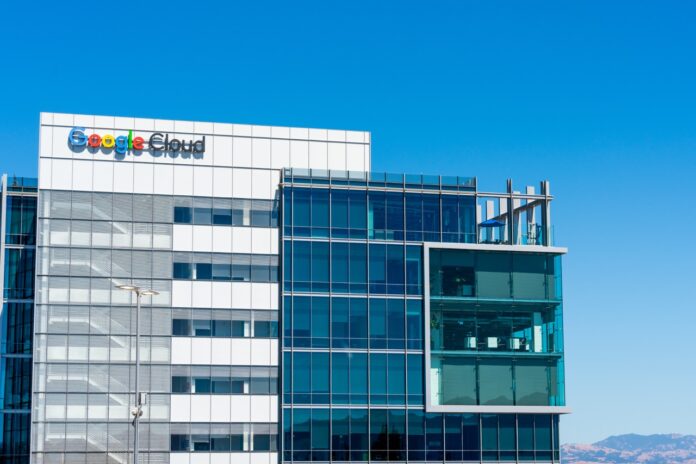The migration, now in its pilot phase, will take two to three years and involves 100 apps and processes
Vodafone has partnered with Google Cloud to modernize its SAP workloads to Google Cloud, the companies announced. The core initiative at Vodafone, called EVO2CLOUD, is expected to be a two to three year-long effort from start to finish. What’s more, it will involve the conversion or migration of 100 separate SAP apps and processes, according to the companies.
“Vodafone uses SAP for its financial, procurement and HR services; it’s the backbone of its internal and external operations. High availability and reliability are fundamental requirements to ensure smooth operation with minimal downtime. Moreover, hosting SAP on Google Cloud is a foundation for digital innovation and maintaining cybersecurity,” wrote Mona Abdalla, Google’s technical account manager for CCE Telco Industries, and Christian Hegmanns, Vodafone’s IT program and technology lead for the SAP to Google Cloud conversion.
The companies said that EVO2CLOUD will be one of the largest SAP-to-Google Cloud migrations done anywhere. Getting all the apps and processes to run in the cloud after running them on premise for 15 years will help Vodafone improve its Net Promoter Score (NPS) “and maximize business value” by infusing SAP with modern data analytics capabilities and other future innovations. EVO2CLOUD seeks to leverage more real-time data processing, the companies indicated.
Improving data access and flexibility is core to the message Google Cloud and Vodafone are trying to drive home here. Up to now, the international telco has been hampered by its ability to access and transfer SAP data.
“Now with the transition to the cloud and with Google Cloud tools, it can expand how it uses its data for analytics and process mining. This includes operations and monitoring opportunities to map data with other external sources, e.g., combining HR data from SAP with other non-SAP data, resulting in data enrichment and additional business value,” they wrote.
Long term, Vodafone said its goals start with redesigning the SAP environment and migrate it to Google Cloud to make it ready for integration with Vodafone’s own data ocean. Step two is to integrate SAP with that data ocean, sitting on top of Google BigQuery. BigQuery is Google’s data warehouse tool. Step three for Vodafone is to leverage cloud-based data analytics tools to optimize data usage, processes, and all the attended business decisions Vodafone makes using those tools.
Vodafone and Google Cloud have teamed with SAP and Accenture, they said. The EVO2CLOUD project is now in its pilot phase, they added.
“Change management has been fundamental to this transformation, incorporating learning and enablement, financial governance, lifecycle management, security, architecture reviews and innovation,” they wrote.
Google Cloud and Vodafone are frequent technology partners. In July, they announced a new platform called AI Booster. The new platform emphasizes Artificial Intelligence (AI) and Machine Learning (ML) as a way to rapidly build, deploy, and scale new services for Vodafone customers, and to optimize network performance. In 2021, they announced plans to jointly build a new integrated data platform called “Nucleus”, along with a new system dubbed “Dynamo.” Together, they are capable of processing around 50 terabytes of data per day, equivalent to 25,000 hours of HD film, according to the companies. The pair hope that the platform will “drive the use of reliable and secure data analytics, insights and learnings to support the introduction of new digital products and services for Vodafone customers simultaneously worldwide.”

